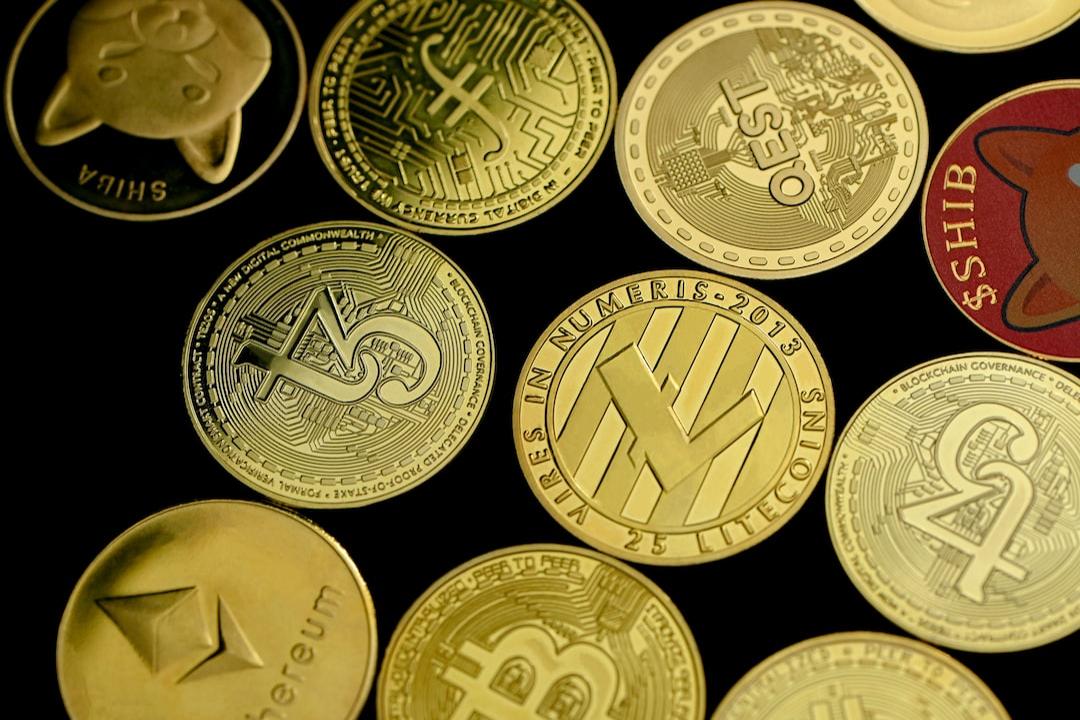Contrary to recent social media reports suggesting Denmark is “about to ban” Bitcoin wallets, the Danish regulatory authority has clarified that there is no proposal to ban self-custodied crypto wallets.
The Danish Financial Supervisory Authority (DFSA) addressed these misconceptions, reaffirming its stance and regulatory approach towards decentralized crypto assets.
DFSA refuted claims circulating on social media about the potential ban of hardware and other non-custodial wallets. Tobias Thigesen, Director of FinTech, Payments, and Governance at DFSA, stated: “We are aware of the misinformation on social media suggesting that DFSA intends to ban hardware wallets and other non-custodial wallets. This is incorrect. DFSA has not proposed any such ban.”
Read more:

Circle Becomes First Stablecoin Company to Obtain MiCA License
DFSA made this clarification following an assessment of decentralized regulation under the Markets in Crypto-Assets (MiCA) regulation that came into effect on the 25th of the 30th month. The assessment released by DFSA on X day of X month outlined principles to address regulatory challenges related to decentralized services in the crypto asset space.
Thigesen highlighted that MiCA explicitly exempts the regulation of crypto asset services provided entirely in a decentralized manner without intermediaries. Services regulated under the legislation must involve intermediaries and handle activities listed in Article 3(16) of MiCA, such as cryptocurrency custody and trading.
“Hardware wallets do not transmit private keys to the provider and are therefore not subject to MiCA regulation. Non-custodial portfolios are fundamentally outside the scope of MiCA,” explained Thigesen.
Read more:

U.S. Securities and Exchange Commission (SEC) Issues Official Statement on Lawsuit Against Consensys
For instance, software wallets that enable customers to directly execute orders on decentralized exchanges may require licensing if a corporate entity controls the product and offers specific activities as services to clients. DFSA officials emphasized: “These cases are typically very complex and require a case-by-case analysis. The aim is to provide an understanding of potential regulatory requirements and emphasize that DFSA is willing to engage in dialogue to assess whether specific proposals in Denmark fall within the scope of MiCA.”
DFSA’s clarification aims to dispel misinformation and provide clear guidance on the regulation of self-custodied investment portfolios in Denmark. By offering accurate information and fostering dialogue, DFSA seeks to support the development and regulation of decentralized crypto asset services under MiCA.




